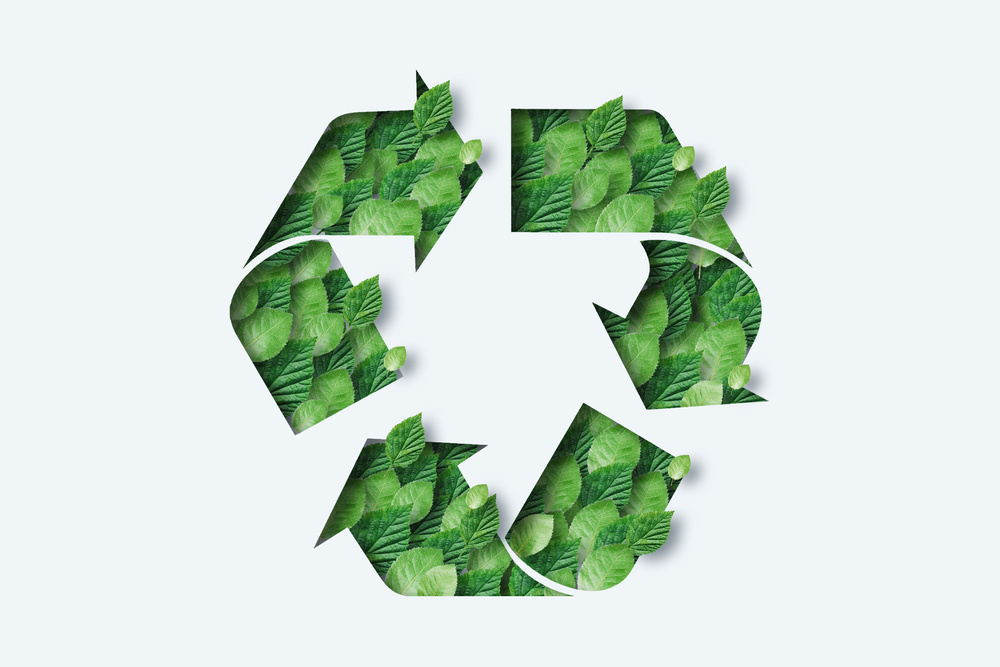Is Re-Looping Better than Plastic Recycling?

Consumer recycling was just coming into its own in the 1970s. By the time the 1990s rolled around, reusing had joined recycling as a way to save the planet by keeping trash out of landfills. It was eventually joined by the third ‘R’: repurposing. Do we now have a fourth in re-looping?
If you are not familiar with the re-looping concept, you’re not alone. Indeed, it is not easy to find a lot of information about it online. Still, re-looping was the subject of a Plastics Today article published in July 2023.
It would appear as though re-looping combines the best of recycling, reusing, and repurposing. In theory, it could ostensibly reduce plastic waste by as much as 80%. That would keep a larger portion of plastic out of landfills and incinerators every year.
A Different Kind of Plastic Recycling
Plastics Today contributor Edward Kosior defines recycling as “converting materials from used products into new materials for other products.” He goes on to explain that recycling usually results in materials of lower value. He is not wrong.
What we do here at Seraphim Plastics is buy industrial plastic waste and recycle it through a mechanical process that reduces it to small pellets or flakes. The end material, known as regrind, can be used for manufacturing plastic products. However, it needs to be mixed with virgin plastic because the recycling process has reduced its integrity.
The problem of lower value is what re-looping hopes to solve. Re-looping is a strategy of converting recycled materials into new materials of equal or higher value. If we can accomplish that, we take a giant step forward in the pursuit of a circular economy.
Kosior proposes turning recyclable plastics into resins of the highest possible quality rather than producing what he calls commodity resins. Is it possible? Theoretically, yes. Practically though, it is harder said than done.
Plastics Are Tough Materials
Mechanical recycling continues to be the most popular form of plastic recycling in the world. It is easy to accomplish and quite affordable. We manage to do it profitably in the industrial plastics sector because we rely on a simple process that doesn’t cost us a lot of money to run. But get away from mechanical recycling and you have an entirely different situation.
Plastics are tough materials. They are created by forcing molecules to align in long chains of polymers with very strong bonds. Bond multiple polymers together and you get plastic. The biggest challenge of plastic recycling is breaking those bonds. Plastic is tough because the bonds are tough.
Chemical recycling can break the bonds between polymers and molecules. But the process is energy intense, expensive, and polluting. The same goes for the latest advanced recycling technologies. They can do the job, but at what cost?
Better Processes Are Needed
We are all for re-looping if someone can figure out how to make it work. What we need right now are better processes. In order to create equal or higher-value resins from industrial scrap plastic, we need to be able to break the bonds between polymer chains without harming the polymers themselves.
Once we figure out how to break the bonds, we would also have to figure out how to put them back together to create a new resin – again, without compromising the integrity of the material.
Is re-looping the fourth ‘R’ in the green solid waste management game? Some think it is. It might very well prove its value and worth down the road. But for now, it is more theory than practice. A lot needs to change before re-looping is a worthwhile enterprise.